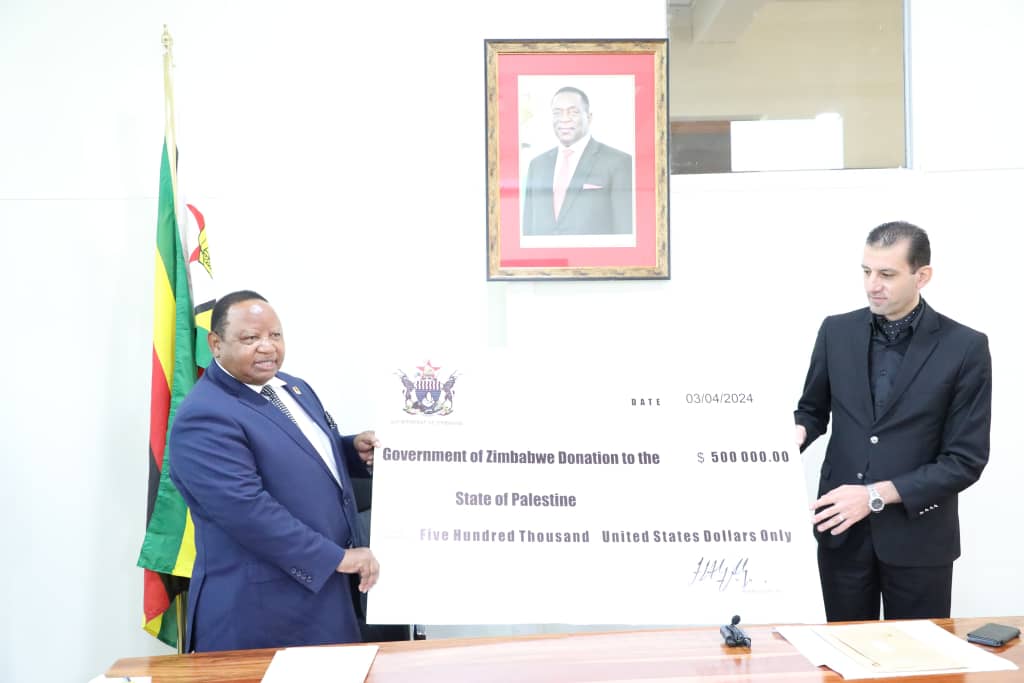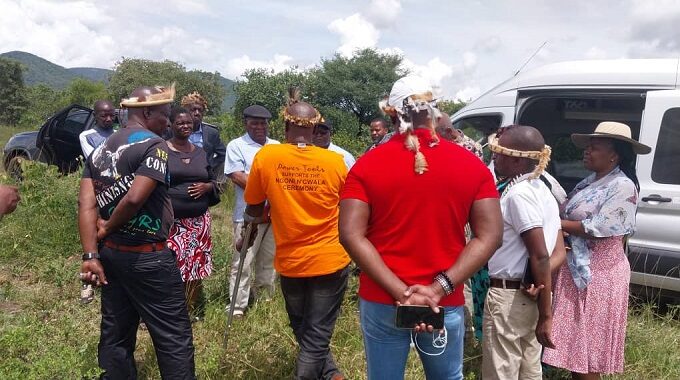THE civil society has been urged to drop the “narrow” “regime change agenda” and refocus on political, social and economic reforms which have a direct bearing on the lives of Zimbabweans.
This recommendation was made by the Zimbabwe Democracy Institute (ZDI), a local political think tank, in its recently published policy document titled “Priorities for civil society-donors engagement in Zimbabwe.”
The paper, which has since been circulated publicly to diplomats and the civil society, said: “It is possible to change people’s lives without taking power.”
ZDI, which is headed by Dr Pedzisai Ruhanya, said the civil society should realise that the “regime change agenda” they have been pursuing has not yielded the desired outcomes so far and should therefore be abandoned forthwith.
It also encouraged the donor community to shun funding such projects saying they were only benefiting the few elite civil society office bearers.
“The civil society must drop the regime change agenda with its logic rooted in the ‘will to power’ and adopt a ‘will to transform’ approach. They must not be funded to produce political change narrowly constructed as regime change. This makes them abandon their role as conscience of society meant to transform society,” read part of the recommendations.
The paper further said “civil society programming must be driven by the ‘will to transform’ that is to advance the life of the community of the people to improve political conscientiousness and quality of life.”
Regime change is understood to mean the removal of President Robert Mugabe and his ZANU (PF) party from power.
But ZDI said it was high time the civil society gets to the grass roots and provide genuine civic education on political rights, media freedom and voter education programmes which really transform the lives of the communities.
The civil society has over the years been accused of robbing the donor community of millions of dollars in the name of civic education provision.
Donor funds have also caused divisions in the civil society particularly in the Crisis in Zimbabwe Coalition where officials have been accusing each other of corruption.
So prevalent are the allegations of civil society corruption that some diplomats are already privately speaking of on-going investigations by the donor communities.
Last year former EU envoy to Zimbabwe Aldo Dell’Ariccia provoked fury when he accused the local NGOs of being “anchored in the past” to the extent that “instead of seeing NGOs one perceives AGOs, Anti-Government Organisations.”






